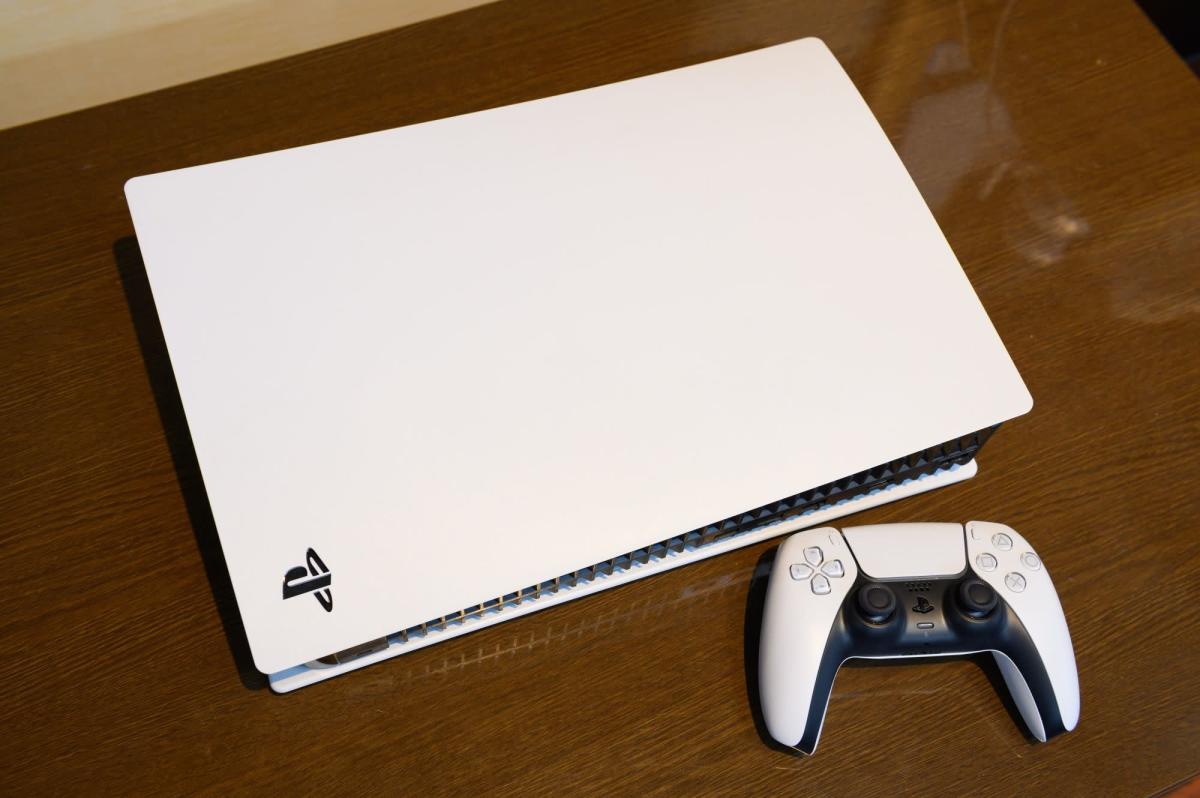(Bloomberg) — The weaker yen has triggered price hikes on electronics from iPhones to refrigerators across Japan this year, with one glaring exception: the video game console.
Most Read from Bloomberg
Sony Group Corp., Microsoft Corp. and Nintendo Co. have held fast to a 100-yen-to-the-dollar conversion rate that today sees their consoles as much as $100 cheaper in Japan than elsewhere in the world. No company wants to be first to break the unwritten rule against raising prices after a console’s release, for fear of losing players and game developers to rivals, and all three believe they can recover any losses through international software sales. But that may be changing.
The consensus among analysts is that the current business model is unsustainable and overdue for revision. Part of the problem is a growing arbitrage market that sees people buying consoles in Japan and selling them overseas, exacerbating difficulties for companies already beset by supply chain and logistics challenges. Sony’s PlayStation 5 is jokingly referred to as a financial asset in its home country, something one buys to resell at a profit rather than to play games on.
“Consumers in Japan are getting used to price hikes,” said Morningstar analyst Kazunori Ito, pointing to higher prices of TVs, headphones, monitors, fridges, dishwashers and printers on the back of the weak yen. “I don’t see them getting upset if game consoles followed suit.”
That change could come as pressure builds to protect margins and address a slowdown in software sales attributable to shortages of hardware on store shelves. Sony cut its profit outlook for the year because of slumping game sales on Friday, triggering a 3.2% fall in its share price the next trading day, and Nintendo is expected to report its own drop in profit on Wednesday.
Meanwhile, fellow gadget makers from Apple Inc. to Xiaomi Corp. have raised prices in Japan to address the currency imbalance — the iPhone is now 25% pricier and Xiaomi’s health gadgets and tablets got a hike on Monday.
As the yen softens, every console sold in Japan becomes less lucrative for its maker, because manufacturing costs are denominated in US dollars. And the final push toward more realistic pricing may come from the flipping of consoles on resale markets. Emboldened by a 21% fall in the yen over the past year, scalpers and opportunistic resellers have increased their activity because they now earn more per console.
Turbocharged by flea market apps, they are snatching up consoles at Japanese prices and holding onto them until the best opportunity to maximize profit, such as the release of a must-have blockbuster title. That will become increasingly untenable for Sony et al as the scalping activity constricts console supply and slows the virtuous cycle between hardware and software sales.
The industry is losing potential customers, Famitsu Group Representative Katsuhiko Hayashi said. “More gamers are trying out alternatives, such as PCs, when they can’t buy the console they want.”
The latest generation of consoles, Sony’s PS5 and Microsoft’s Xbox Series, have been in tight supply globally since their launch in late 2020, owing to Covid-19 disruptions to the electronics supply chain and global shipping. The component shortages that stifled Sony’s output are improving, but the logistics challenge remains as great as ever, Sony Chief Financial Officer Hiroki Totoki said after his earnings report last week. The CFO declined to say whether the company would raise prices in Japan.
Nintendo said it has no plans to raise Switch prices. Microsoft declined to comment.
Sony Cuts Profit Outlook on Weaker PlayStation Prospects
“Arbitrage is a healthy function of the market, suggesting the retail prices are too low for underlying demand,” Toyo Securities analyst Hideki Yasuda said. Japan’s scalper market has thrived since the launch of the PS5, which was so in-demand that units of the sought-after console were initially sold through a lottery system. Without raising prices in their domestic market, Sony and Nintendo are creating room for scalpers to operate “and their shareholders are losing profits they should be pocketing,” he said.
PlayStation 5 Scalpers Use Bots to Hunt Down Scarce Consoles
The Nintendo Switch OLED model is priced at $350 plus tax in the US, but costs 37,980 yen (roughly $290) in Japan. Hardware resellers around Tokyo currently offer to buy it for over 40,000 yen apiece, relying on that price delta for their profit. Sony’s PS5 costs about 55,000 yen in stores, yet can be resold immediately for 80,000 yen or more at retailer Noah Trading Co. in Tokyo’s Ikebukuro. The company boasts on its website that it generated 10 billion yen in revenue in 2020, selling electronics domestically and to countries and regions such as China, Hong Kong, Taiwan, Singapore and the US.
Until now, Nintendo and Sony have been able to offset hardware losses stemming from the weak yen with corresponding yen-inflated profits from overseas software sales. With most of its costs in Japanese currency, Nintendo has been able to largely resist raising prices. Console makers have traditionally cut prices of consoles as they age — not the other way around — and appear wary of killing demand or losing market share to rivals.
“The best scenario is to be second, after someone else has tested the waters; the worst is to be first and alone,” said Atsushi Osanai, a professor at Waseda Business School in Tokyo. “Companies tend to settle with the second-best, which is to stand pat.”
Most Read from Bloomberg Businessweek
©2022 Bloomberg LP
